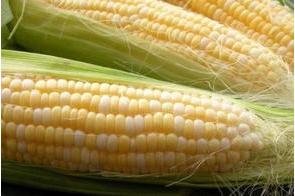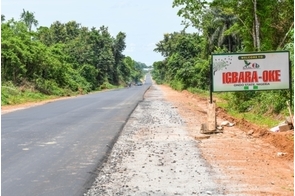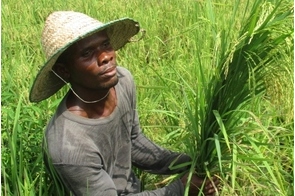ICRISAT launches 2025–2030 strategy to shape the future of agriculture

Summary
Calls for strategic partnerships for a food-secure and sustainable future for over 2 billion people living in the drylands.
The International Crops Research Institute for the Semi-Arid Tropics (ICRISAT) on 3 September 2025 launched its new strategic plan for addressing what it called the escalating crises of climate change, land degradation, and rural poverty threatening semi-arid regions worldwide.
ICRISAT launched the Strategic Plan 2025–2030: Transforming Dryland Agriculture on the sidelines of the Africa Food Systems Forum (AFSF) in Dakar, Senegal.
“Drylands stand at the frontline of a multiplicity of global shocks that include climate change, food insecurity, and economic instability,” said Himanshu Pathak, Director General of ICRISAT. “With our new strategy, ICRISAT is reaffirming its role as a trusted partner in advancing science, shaping policies, and ensuring inclusive growth.”
In a statement shared with Finance Nigeria, ICRISAT noted that with only 5 years left to achieve the SDGs 2030, the new strategy lays out an integrated roadmap for accelerating climate-smart, nutrition-sensitive, and market-driven agriculture transformation. It aligns with the CGIAR 2030 Research & Innovation Strategy, addressing urgent global needs with inclusive impact.
The ICRISAT Strategic Plan 2025–2030 is anchored in three pillars: Crops of the Future, to deliver climate-smart varieties; Resilient Agroecosystems, to advance regenerative farming; and Systemic Change, to transform agri-food systems through smart food, inclusive agribusiness, and innovation.
Stakeholders including advisors to the governments of Senegal and Uganda have acknowledged the need to accelerate innovation and forge new partnerships between the government and research institutions for the benefit of farmers.
Highlighting ICRISAT’s deep commitment to Africa’s agricultural transformation, Prof Gassama Yaye, Governing Board Member of ICRISAT, emphasised the plan’s aim to make Africa’s drylands a foundation for sustainable food security and economic growth.
ICRISAT emphasised how the new strategy aligns with Africa’s priorities and highlighted initiatives such as the ICRISAT Centre of Excellence for South-South Cooperation in Agriculture (ISSCA) platform, which fosters knowledge exchange across the Global South to accelerate large-scale food system transformation.
The strategy advances science, policy, and inclusive partnerships and supports tangible benefits: resilient food systems, thriving rural economies, empowered women and youth, and restored ecosystems. With over 2 billion lives in the balance, according to the organisation, it called for strategic partnerships, turning today’s challenges into opportunities for a more food-secure, equitable, and sustainable world.
ICRISAT signed an MoU with the Ministry of Agriculture and Rural Equipment, Government of Senegal. They said the agreement reaffirms their shared commitment to strengthening food security in Senegal. The partnership will accelerate the release and adoption of high-performing, climate-resilient crop varieties.
Under this MoU, ICRISAT and Senegal will co-develop and pilot improved cereal and legume varieties tailored to local farming needs and ensure their dissemination through stronger seed systems.
ICRISAT said its goal is to accelerate the transformation toward resilient food systems, thriving rural economies, empowered women and youth, and restored ecosystems. It said the strategy work aligns with SDGs 1 (No Poverty), 2 (Zero Hunger), 12 (Responsible Consumption and Production), and 17 (Partnerships for the Goals).
Related
-
Africa makes progress on reducing food losses – new SDG report
Post-harvest losses in sub-Saharan Africa are estimated at about $4 billion per year.
-
Why good roads are essential to rural agriculture
Poor rural-urban connectivity is often why poor farmers are completely at the mercy of middlemen.
-
Imperative of reforming Nigeria’s agric insurance coverage
Insurance coverage plays beneficial roles in achieving sustainable food production, creating wealth and reducing poverty.








